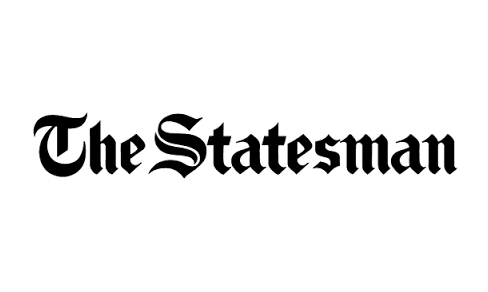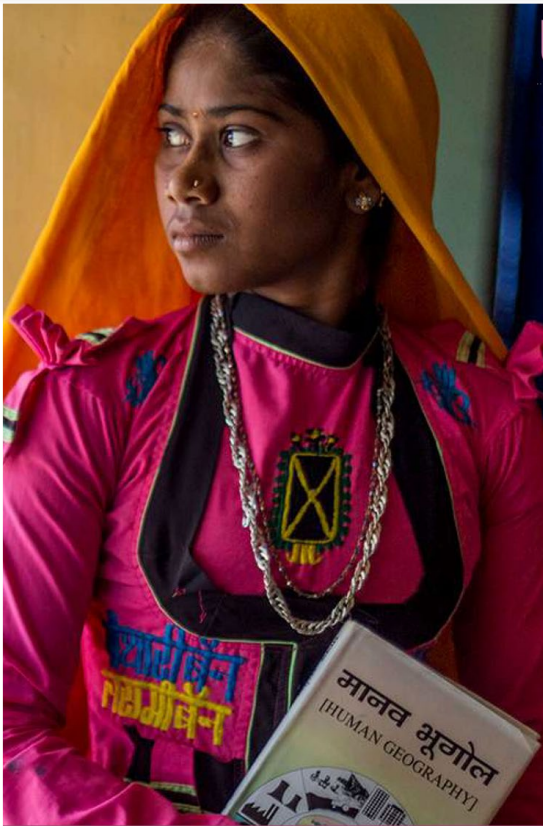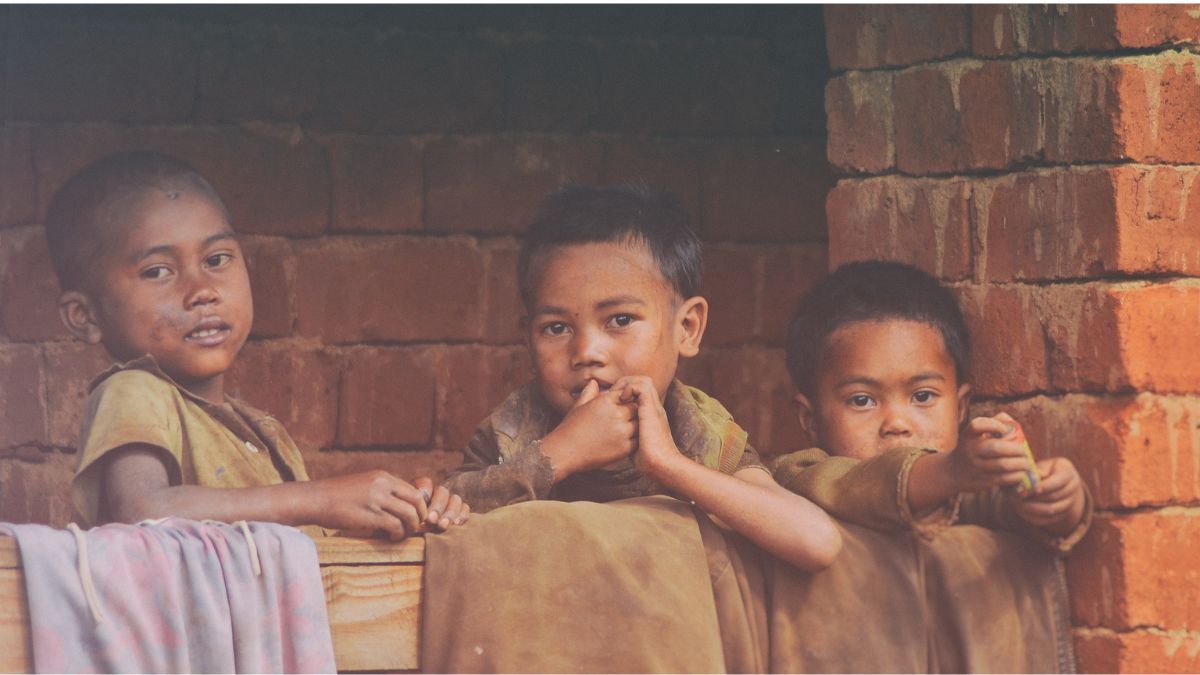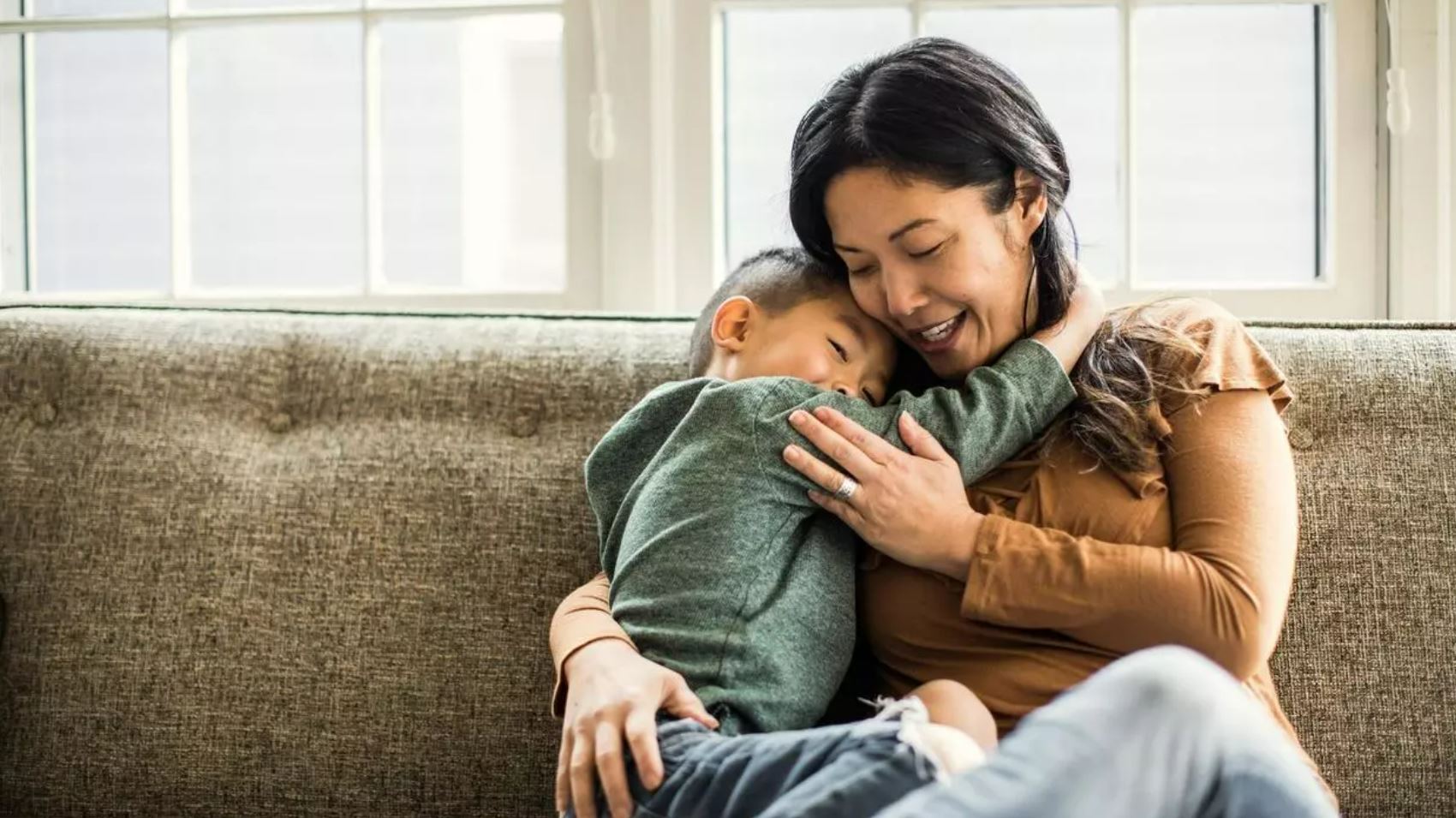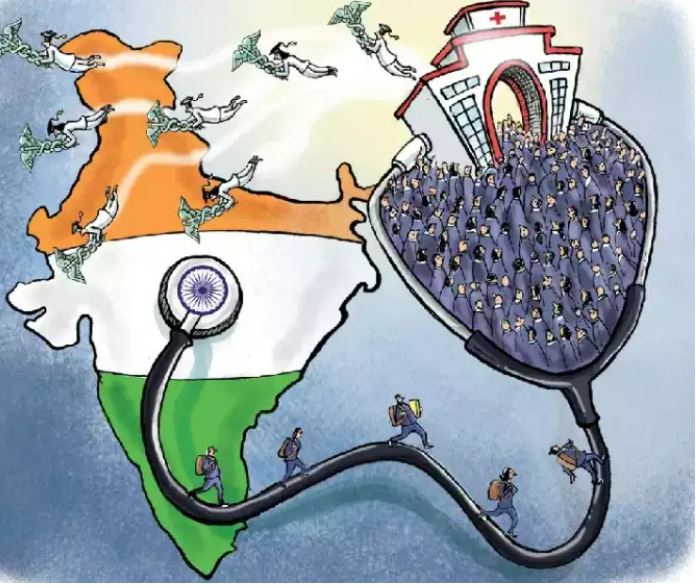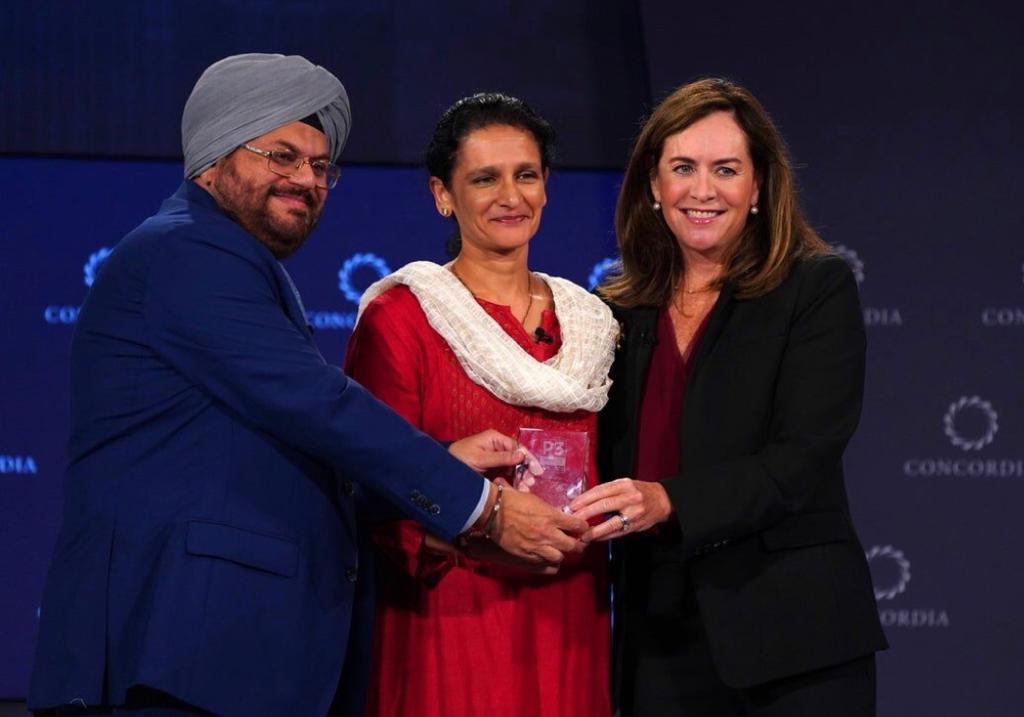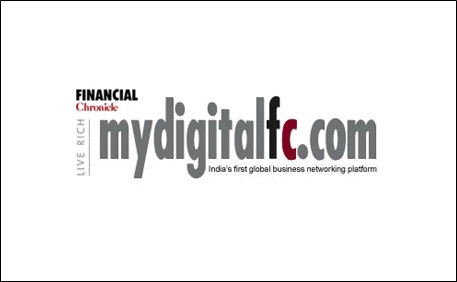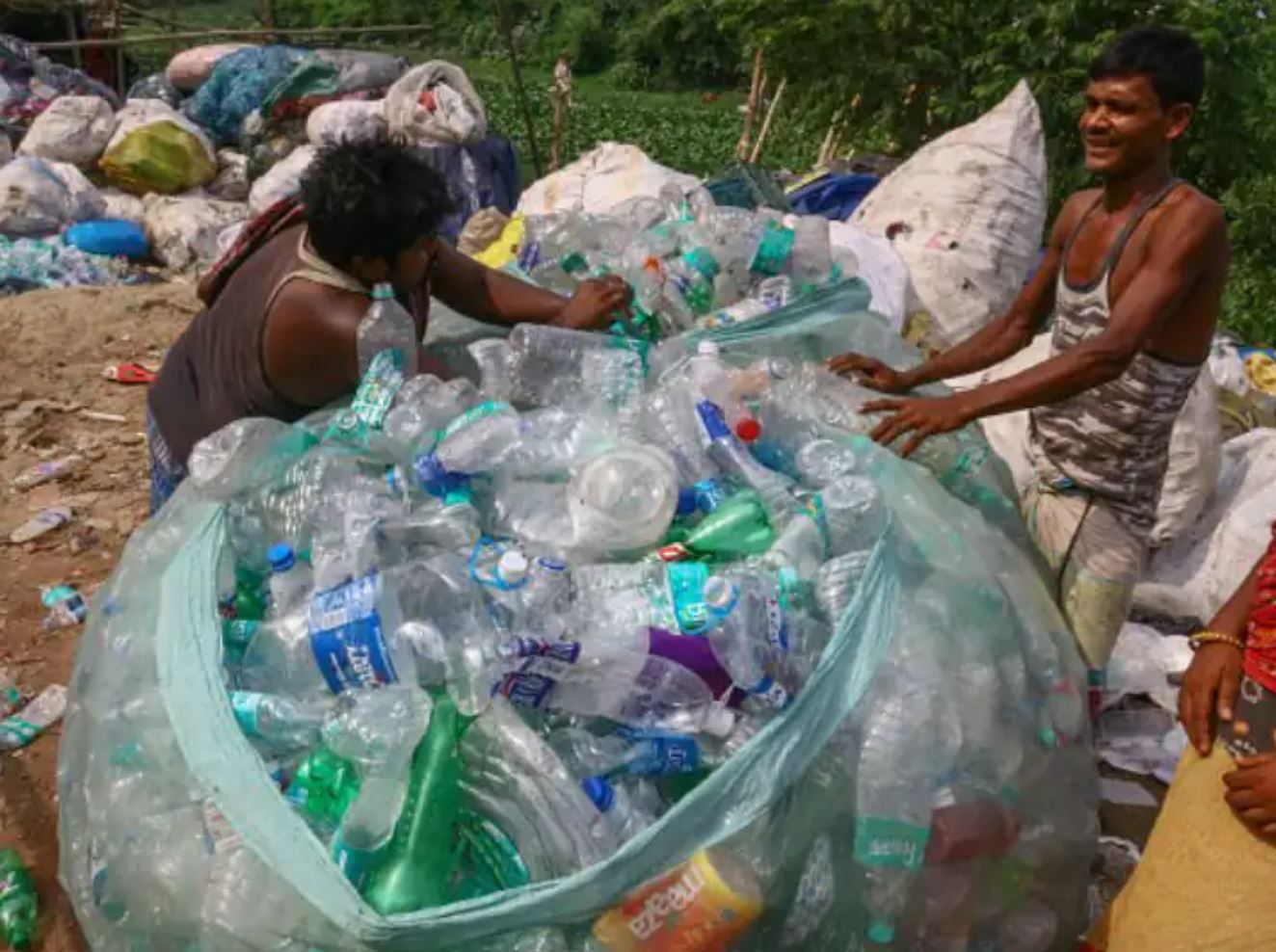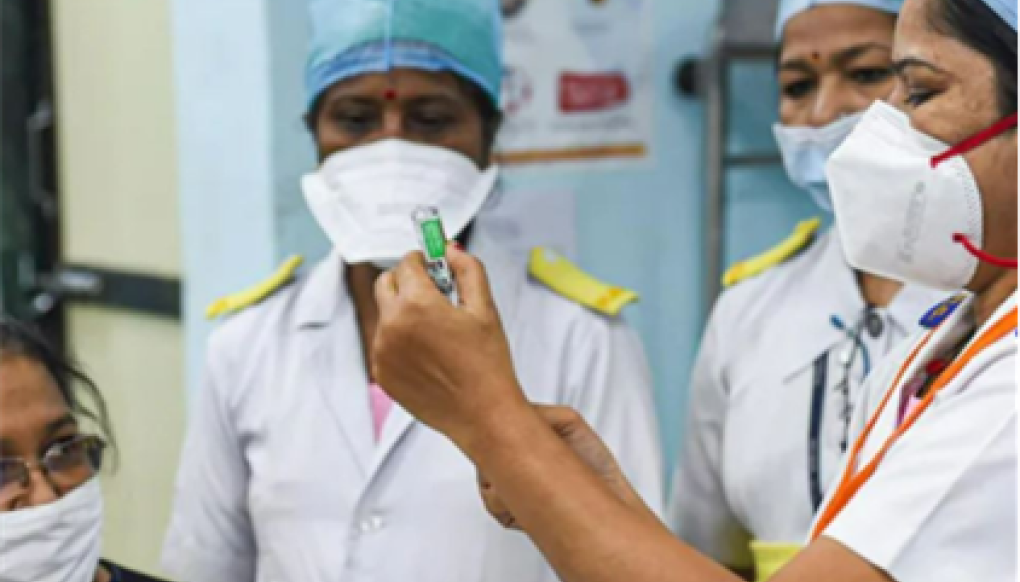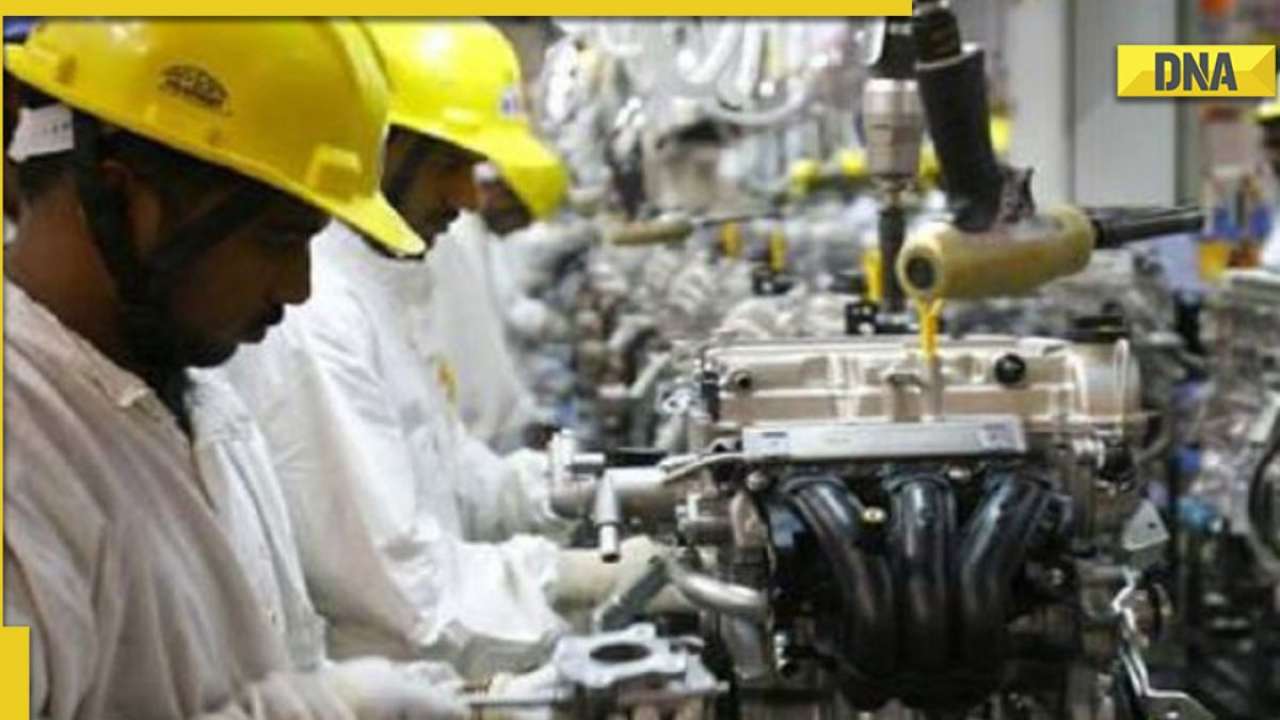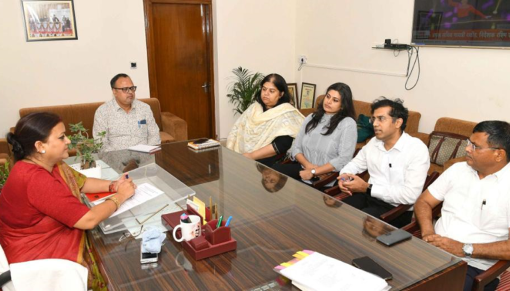A group of students, in Khordha district of Odisha, when asked what they wanted to be, had high aims in life. One wanted to be a doctor, another an astronaut. These dreams may have been crushed had they dropped out of school but now they can continue to dream and reach higher than they had ever hoped for, thanks to an initiative of the Department for International Development (DFID) and the Odisha government.
In Odisha, education has been free for all students in government or government-aided schools up to Class VIII under the Sarva Shiksha Abhiyan (SSA). However, there was no provision beyond this for students to study. This resulted in a large number of dropouts after Class VIII, mainly due to inability to pay school fee. To tackle this issue the state government implemented the centrally-sponsored Pre-Matric Scholarship Scheme for Scheduled Caste (SC) and Scheduled Tribe (ST) students studying in Classes IX and X with family earnings of less than Rs 2 lakh per annum.
The case with girls, specifically, was even worse. Their participation in education was less than that of boys and by a large margin. DFID and the Odisha government initiated a pilot project in Rayagada district to incentivise regular attendance and completion of secondary education by SC and ST girls. The apparent success of this initiative inspired the full-scale implementation of the programme throughout the state. DFID, therefore, modified its assistance to complement this new national scheme, under the name Odisha Girls Incentive Programme (OGIP).
Spreading awareness. While block coordinators gave publicity to this scholarship scheme through student and teacher orientation programmes at the school level, household counselling approach helped sensitise the parents. Village-level meetings, orientation meetings with self-help groups (SHGs), Panchayati Raj Institutions (PRIs) and youth groups were also conducted. The scheme details were printed in Class VII and VIII textbooks for easy reference for the students and teachers. Simultaneously, the technical assistance team, IPE Global, facilitated the opening of bank accounts and obtaining caste certificates. The aim was to touch as many households as possible and without any leakages in between.
All the students were provided with zero-balance accounts and the scholarships directly transferred to them by the state treasury portal. To be eligible, a student must have 70 per cent attendance. In order to efficiently manage the large volume of data, a web-based IT application was designed and put in place by the IPE Global group.
A grievance redressal system was also put in place to address any problems faced by the students in obtaining the scholarship. A toll-free helpline, Sampark, managed by the Department of School and Mass Education, was made available for the students and parents to report any issues or seek information about the programme.
Around 4.07 lakh students were covered during the year 2013-14 and a sum of around Rs.118 crore disbursed. In 2014-15, over 4.27 lakh students were registered and a sum of more than Rs 128 crore disbursed. To assess the overall impact on attendance, baseline and mid-line data was collected at the school level.
In a survey of about 10,700 students spread over 30 districts of Odisha, an overall change from 74 per cent to 80.1 per cent in attendance was observed at the end of first year. The change seen for girls (8.59 per cent) was marginally higher than that of boys (7.73 per cent).
Ground reality
Unlike several programmes, this one achieves more or less exactly what it was designed for. Any student failing to get the required attendance is personally counseled by the block coordinators. While people were reluctant at first, after the first year things got smoother. “Initially we were not sure if we would actually get anything but we did. Now even if the payment gets late, we pay from our pocket and use the amount paid by the government as savings,” said a parent.
Asked if there were any cases of misuse by the students, the headmaster of a school in Khordha district said, “There are always two sides to a coin but such cases are rare. Students using the money for other purposes are really genuine and they have later on paid their fee with their own money.” A girl said, “My grandfather was really ill. He needed immediate medical attention and we needed money. I used the money for his medical bills. But I did not fail to attend school and paid my fee.”
Puja Das, another student, recalled, “I was a certain dropout, but due to this scheme, my parents were able to send me to school. Now I am in college and I am supporting my younger brother through the same scheme.” A number of girls who had got married were persuaded to rejoin school. The in-laws were made to understand the importance of education and since it didn’t lighten their pockets, they generally agreed.




